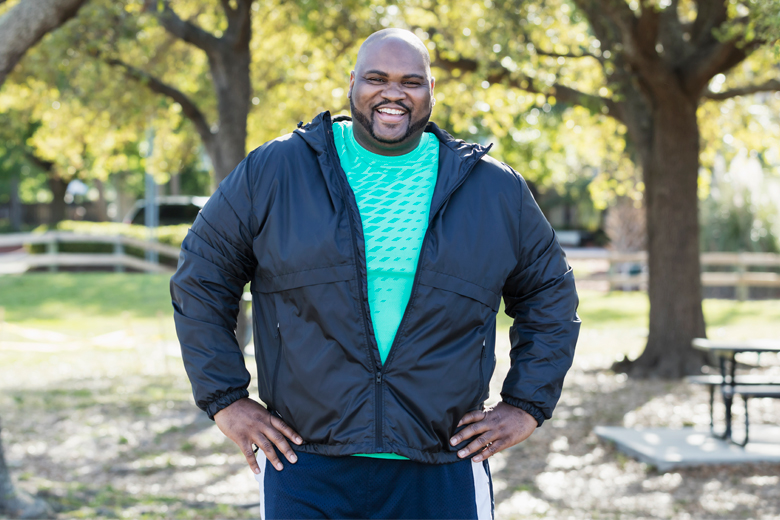Attend Our Free Online Information Session
To start your journey with us, please attend a short information session about bariatric surgery. Our surgeons host these sessions virtually each month.
Understanding your options for weight loss
Bariatric surgery limits the amount of space in the stomach to help you lose weight. Additionally, the surgery can change hormones that affect hunger. However, we offer different types of procedures to meet each patient’s unique needs and lifestyle.
At Beth Israel Deaconess Hospital–Plymouth, we support the Bariatric Weight Loss Surgery program at Beth Israel Deaconess Hospital–Milton. The surgeons in this program perform leading-edge bariatric surgical procedures using minimally invasive techniques. These can shorten recovery time, reduce pain and minimize problems after surgery.
Gastric sleeve is the most common type of bariatric surgery. During the procedure, a surgeon removes about 60% of the patient’s stomach. The remaining stomach is about the size of a banana.
Gastric bypass surgery divides the stomach. You'll have a new small "pouch" that serves as your stomach. Instead of removing the remaining stomach, your surgeon “bypasses” it and connects your intestines to the small pouch.
Gastric bypass has long been considered the “gold standard” for weight loss. It has a long history of success.
During a LAP band procedure, a surgeon places an adjustable band around the upper part of your stomach. No part of your stomach is removed. The band shrinks the size of your stomach, reducing how much food you can eat.
LAP bands are less invasive than other procedures, such as gastric bypass or gastric sleeve procedures. However, they often don’t produce as much weight loss benefit.
Sometimes, people who undergo bariatric surgery need another procedure. Revision weight loss surgery is often used as a second or corrective procedure. It also can be used to treat complications from a previous procedure.
Revision weight loss surgery carries some risk. However, the expert teams at BID Plymouth and BID Milton are here to help minimize these risks.

To start your journey with us, please attend a short information session about bariatric surgery. Our surgeons host these sessions virtually each month.